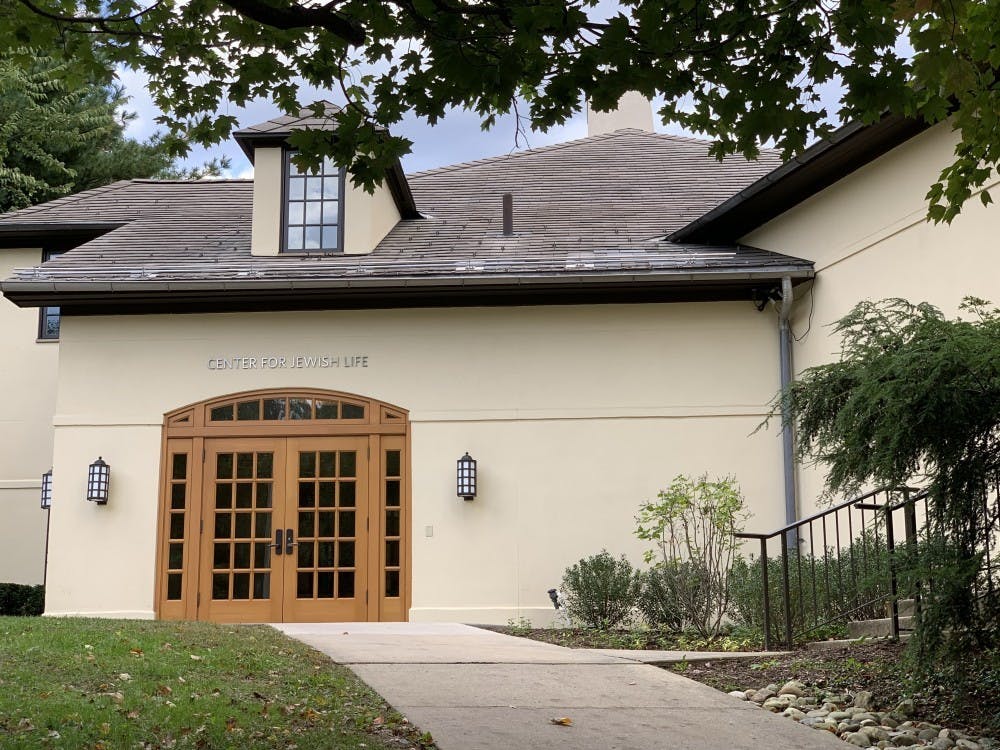The classroom is a microcosm of the nation and is a space to rehearse democracy and thus conversations about who participates in the classroom should be encouraged, Dean of the College Jill Dolan noted in a panel discussion on the gender politics of the classrooms on Tuesday.
Panelist Marni Morse ’17 noted that both students and professors play key roles in maintaining a respectful environment in the classroom while still promoting lively discussions. She noted an example of a professor who alternated between using ‘he’ and ‘she’ examples in lecture, a small change that she only noticed because every other class she was in used the standard male pronouns.
Morse is a columnist for the Daily Princetonian.
Other professors, like Panelist Miguel Centeno, a professor in the sociology department, noted similar points about classroom environments often following patterns of traditional norms.
Centeno said that often, academic readings assume a straight white male world. He noted that it is faculty’s responsibility not only to work to diversify the classroom, but also to ensure that classrooms are safe spaces for everyone to express their opinions.
“When a student says or does something marginally outrageous, the professor needs to call it out without humiliating anyone in the classroom,” Centano said, speaking to the careful balance that needs to be struck to maintain classrooms as safe spaces for all students.
“Professors think ‘Oh no, unpacking that statement will take thirty minutes and I don’t have the time for that’ and shove uncomfortable discussion s to a side,” panelist Angelina SylvainGS of the Princeton Neuroscience Institute added.
Instead, she said, professors should seize these as valuable learning opportunities and prioritize such discussions on issues that minority students face in a classroom.
There is a right way to be inclusive, explained Jennifer Rexford ’91, Chair of the Computer Science Department, giving the example of a professor in her department who stopped lecture until a woman in the classroom spoke up.
“The boys in the class took this to mean that the professor was very big on successful women and created a very hostile environment in labs and precepts because they thought the girls would all get A's,” she said.
One way to encourage students speak up is by making sure professors vocally ask for feedback, Centeno said. Rexford added that there should be anonymized feedback systems where students can request that a professor be more attentive to some issues.
Students often catch on to problematic situations before a professor does, and it is their responsibility to talk about issues of aggression and misgendering with their peers outside the classroom, said panelist Oge Ude ’16.

“Students often brush off a faculty’s remarks as ‘just being PC’ or ‘a teacher has to do that’ and other students need to let them know that’s not okay,” she added.
In response to an audience question on the proposed diversity requirement, Sylvain noted that the University is creating leaders who will reform policy for one of the most diverse countries in the world, yet it does not have a requirement on culture and race.
Panelist Tracy Smith, Pulitzer Prize winner and Director of the Creative Writing Department, added that introducing such a required course need not derail a student’s normal course of study but could instead be taught using existing vocabulary in a field.
The panel, entitled "Politics of the Classroom: Who Speaks? Who is Heard?", took place in Betts Auditorium at 5:00 p.m., and was conceived by the Program in Gender and Sexuality Studies and funded by the Office of the Provost. Organized by Dean of Whitman College Rebecca Graves-Bayazitoglu GS ’02, the event was launched by the Women*s Center in a poster campaign. It was recorded by the McGraw Center for Teaching and Learning.








